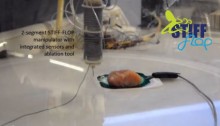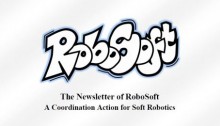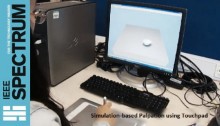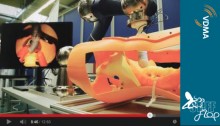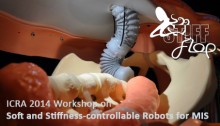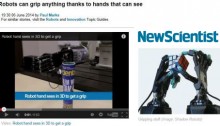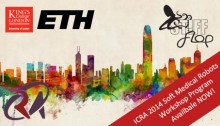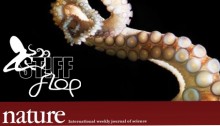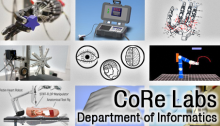STIFF-FLOP in the News
Taking inspiration from the realm of soft-bodied animals, a European-wide team of engineers, biologists and surgeons coordinated by roboticists at King’s College London have made new ground in the framework of EU project STIFF-FLOP (STIFFness controllable Flexible and Learnable manipulator for surgical OPerations) creating soft and stiffness-controllable robotic devices specifically for minimally-invasive surgery. Here, a…
